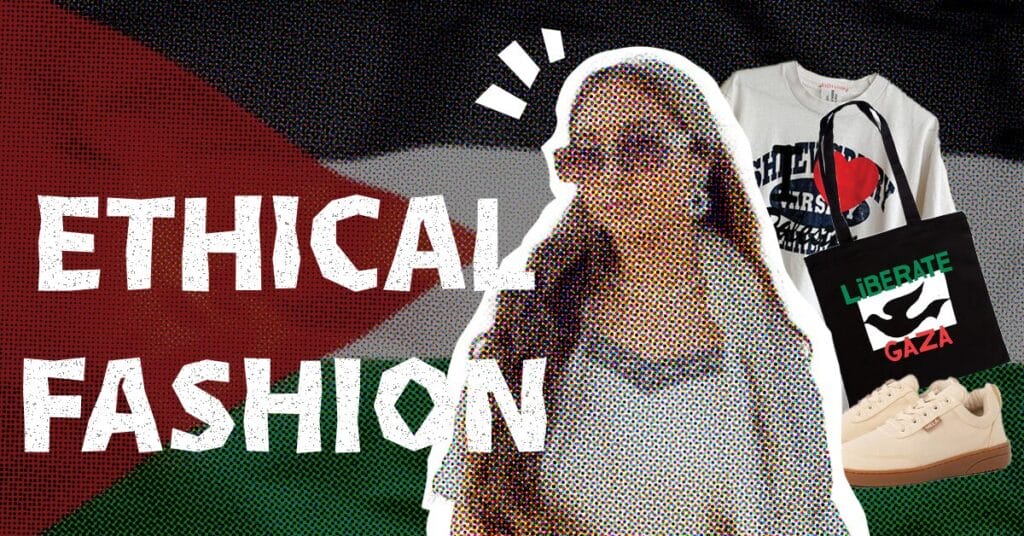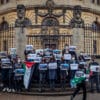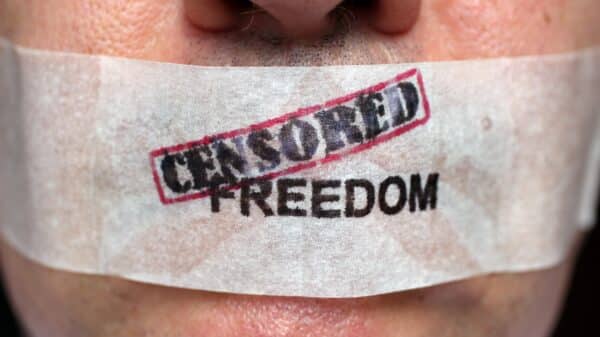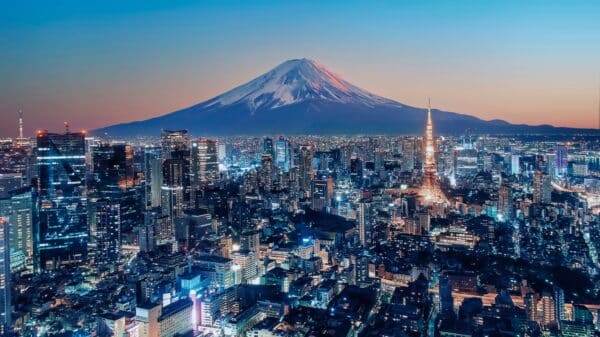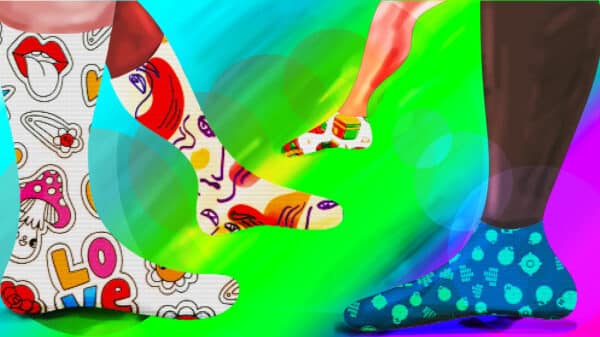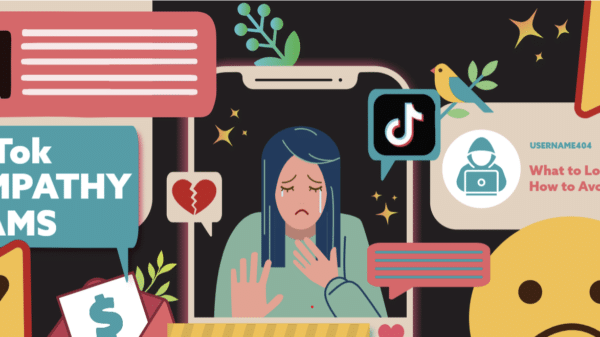Over 200 days have passed since the War on Gaza broke out on October 7th. More than 34,000 Palestinians have been killed in 7 months of relentless genocide. University students across the country are staging encampments in solidarity with the people of Palestine. Yet, many are still too preoccupied with their routines to engage with even the simplest form of protest: boycotting.

The Power of Boycotting Brands
Studying the 75 years of history and multiple wars is too daunting for people to commit to. However, many forms of protest involving American tax money have been made accessible through boycotting. People are avoiding brands like McDonalds, Starbucks, KFC, and Disney because of their financial ties to Israel.
Yet some remain blissfully ignorant of the long-running boycotts in place. Somehow, we look around and find ourselves in a new dystopia, where people prefer convenience to compassion.
It can feel defeating for many engaged with these issues to see so many blind eyes turned to such grandiose demonstrations. The question becomes, what is the easiest access point for people to engage with? The answer I’ve found is one of the first steps of protesting for Palestinian liberation — boycotting brands that support genocide.
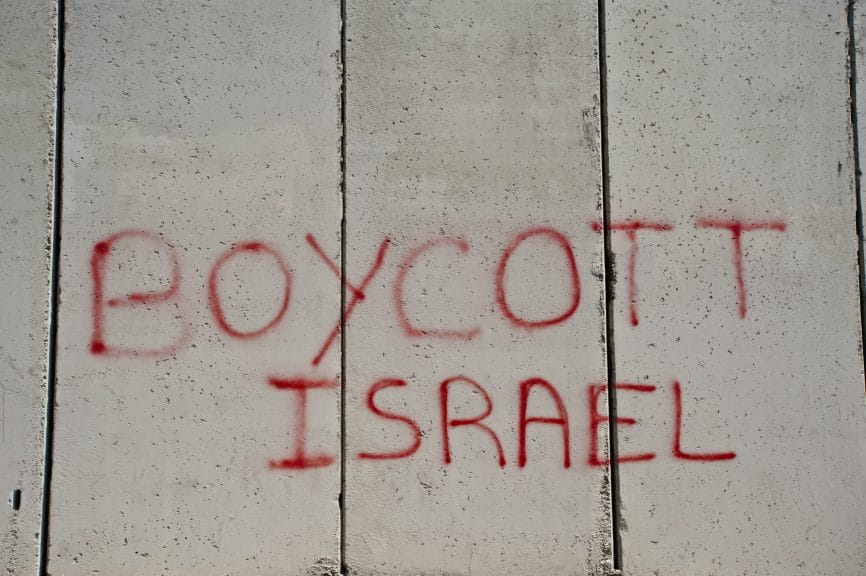
Starting with some of the major fast-food chains in America, alongside the Disney company, boycotting became the primary way for people to feel involved while beginning to research and understand the conflict. With continual updates, the BDS (Boycott, Divest, Sanctions) movement has begun to see impacts on companies’ stock values.
However, fast food chains are merely a launching point to more conscious consumer practices. As regular consumers, we should understand exactly where our products are coming from and where our money is going. However, most brands do not provide such transparency, giving a “CAUTION” label to unsustainably sourced products. Therefore, we need influencers and up-and-coming entrepreneurs to guide us into these better practices.
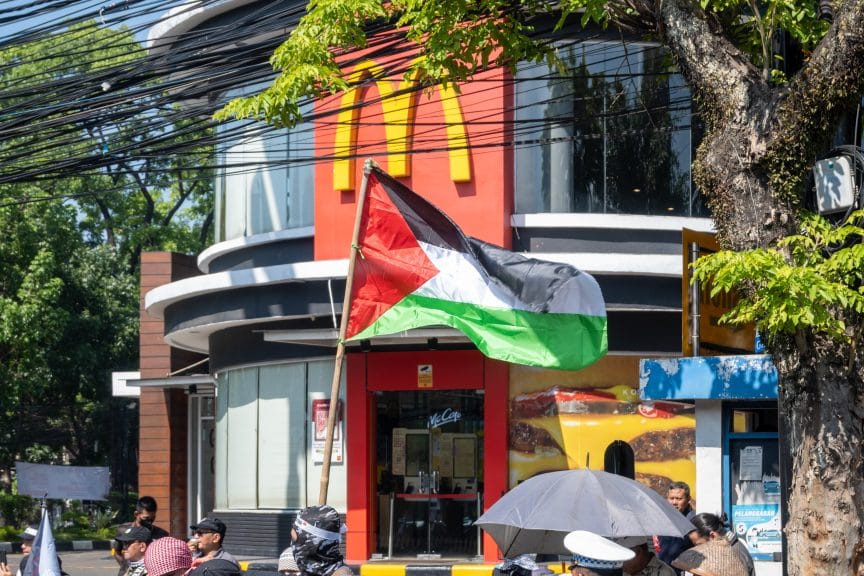
Nabihah Ahmad – Re-Defining Entrepreneurship
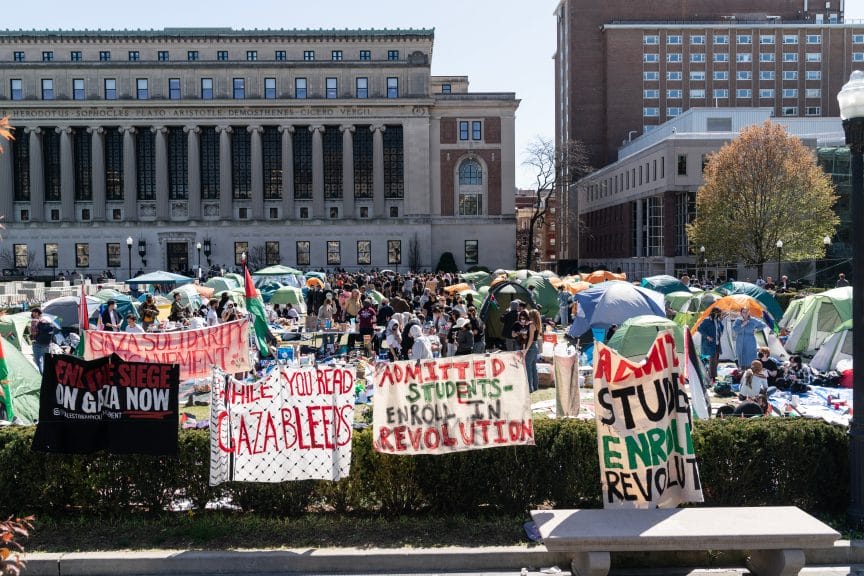
What started with empty restaurants has now reached greater heights of encampment protests on college campuses, which are calling for divestment from funding Israeli occupation. These student-led demonstrations have popped up all over the country. Among the most reactive in terms of student pressure and faculty resistance is Columbia University.
Among the many student protesters at Columbia is Nabihah Ahmad. A rising senior as described in her Instagram bio (“Columbia ’25”), Ahmad is a “Bangladeshi-Muslim American from Queens, NY.” She describes this and more in her Instagram post, which is captioned “Get to know me and the story behind SSQRD.” Her startup SSQRD is focused on remodeling modern fashion, and it hosts the website ETHOS, which filters ethical brands and products.
You can find her and her brand on Instagram under @nabihah.ahmad and @ssqrd.co. She details her relationship with the fashion industry in a post on her personal account: “Fashion is my passion, but not out of love…it’s out of hatred.” In a slideshow detailing her experience at NY Fashion Week (including a sneaky pic of Anna Wintour), she details her personal motivation for changing the industry.
“70% of my extended family in Bangladesh are garments factory workers — sustainability is not a buzzword for me. It’s about my family, my people, and my home country,” Ahmad stated. Capturing the true power of a raging and resilient Gen-Z student, AHmad is ready to take the world by storm. And she is already on her way to do so with her first product: a boycott-filtering shopping site.
ETHOS: The Power of Transparency in an Entrepreneurship
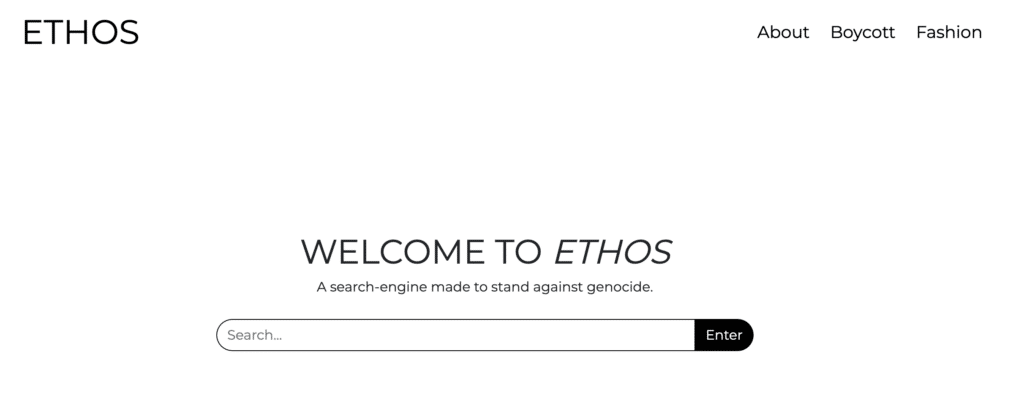
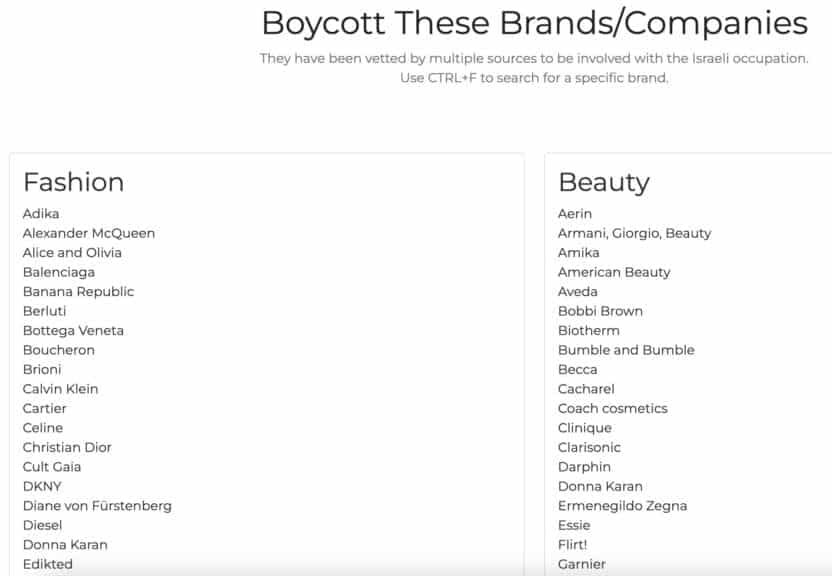

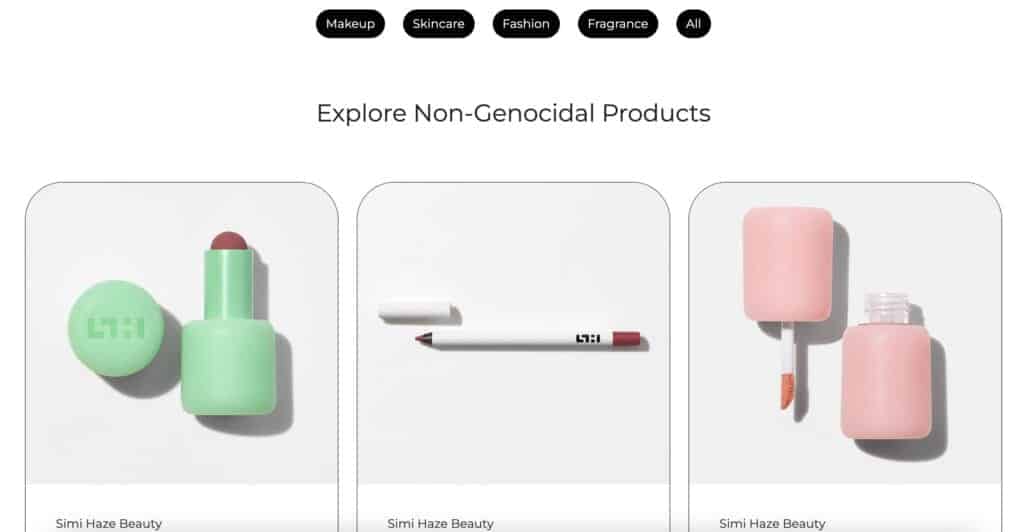
Operating under the values of “fairness, transparency, and community,” Ethos is “designed to empower small businesses and individual entrepreneurs, offering them the tools to compete on a level playing field.” Rather than deeming it a business or corporation, Ahmad describes the startup as “a movement aimed at breaking down the barriers created by traditional corporations,” according to the website.
Many of its products are tagged as “Black owned” or “Palestinian owned,” and notable brand owners encourage consumers to support sustainable businesses and marginalized business owners. Additionally, there is an added layer of transparency, with a “Caution” label added to products and brands that do not directly fund Israeli occupation, but have higher-up CEOs financially supporting it.
Cheap Quality, Cheaper Ethics
Ahmad comes from a family of garment workers in Bangladesh and is motivated to create change on behalf of her family. In the same post that narrates her history and personal connection to the mission, she speaks about how her uncle was forced to work in this oppressive industry. Rather than follow his passion of becoming a software engineer, Capitalist systems confined him to garment work.
According to The Guardian, “Bangladesh is one of the world’s biggest producers of fast fashion.” It produces cheap quality pieces that are “woven by the dreams and hard work of ordinary people,” Ahmad writes in the mission statement of SSQRD. “Crafted with the needs of the community in mind,” Ahmad is seeking to “ignite a revolution in how business is done—one that is for the people, by the people.”
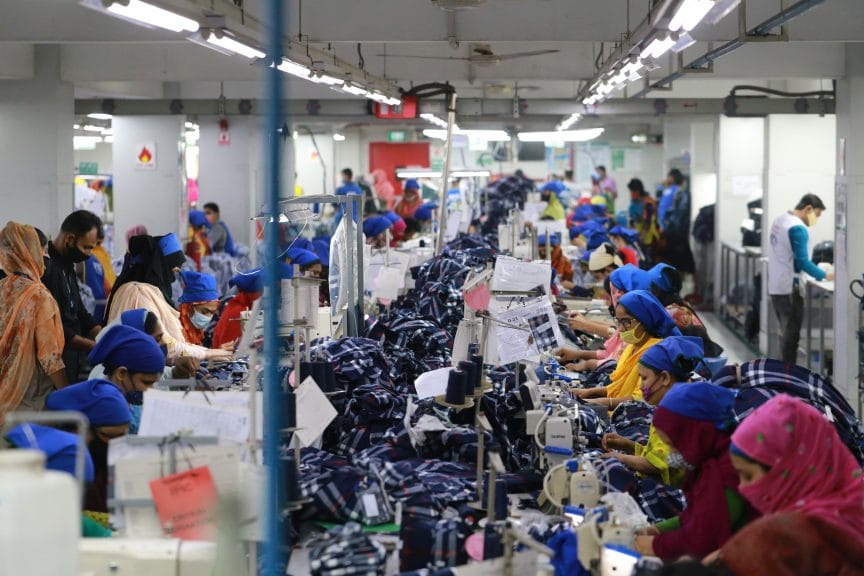
We must boycott brands that fail to practice their own values of transparency, brands that use fetishized representations of models as proof of “diversity,” and brands that pour money into the oppression of other humans. All of this information may seem like a vain attempt to raise awareness regarding the subversive evils of the fashion industry. However, there truly is hope!
“Get Dressed Babe, We’re Boycotting!”
Ethical consumption is made possible by seeking out brands and entrepreneurs that implement mindful and transparent business practices. Nabihah Ahmad is just one example of the possibility for a larger network of ethical fashion moguls.
Gen-Z exists as the predominant demographic of such rapid consumption. As our generation continues to participate in such trends, we must reduce the harm our materialism can inflict. So, moving forward, try to promote businesses that operate based on humanitarian principles, not just profit.


